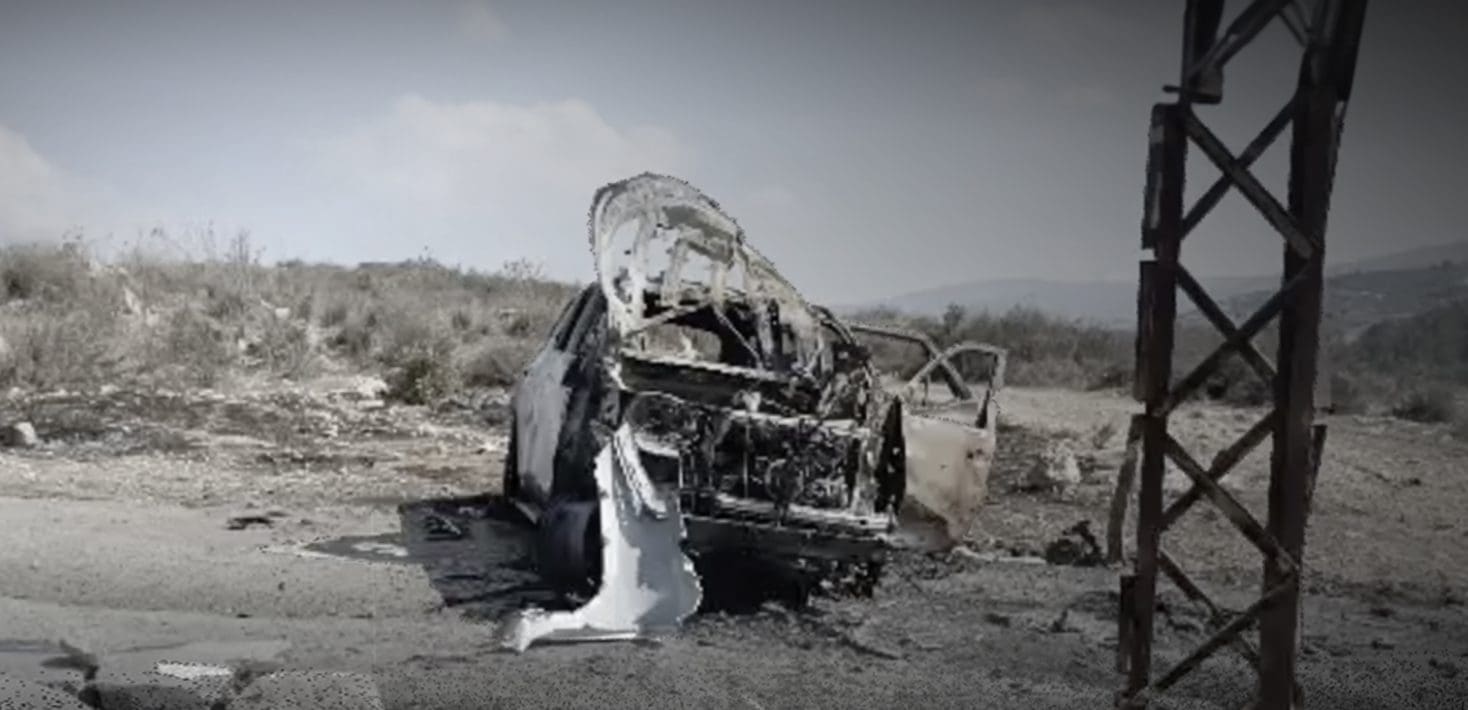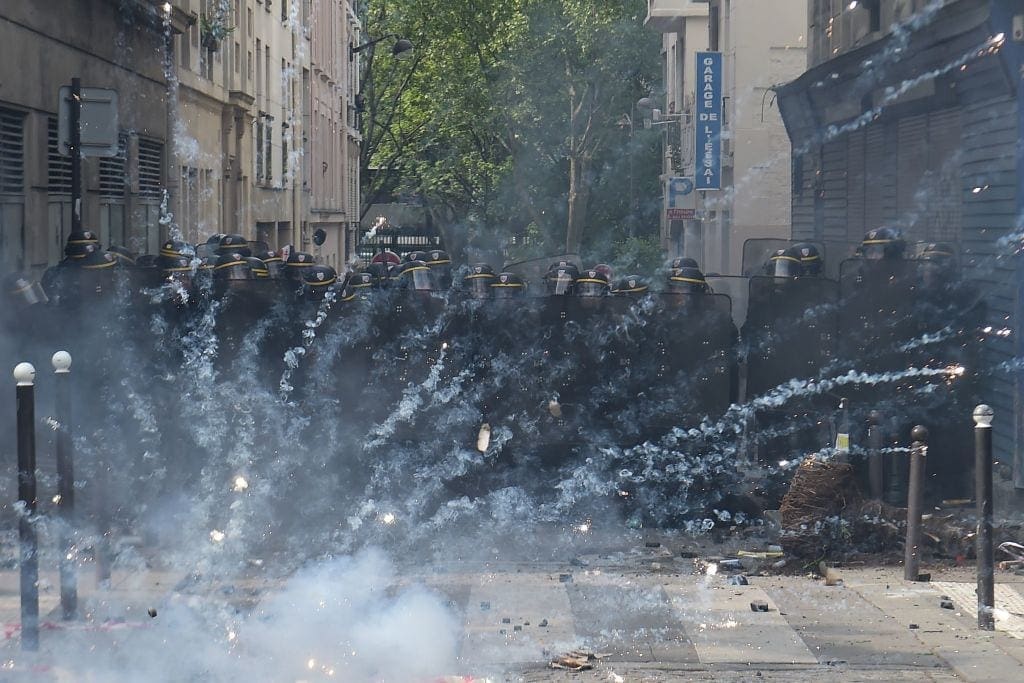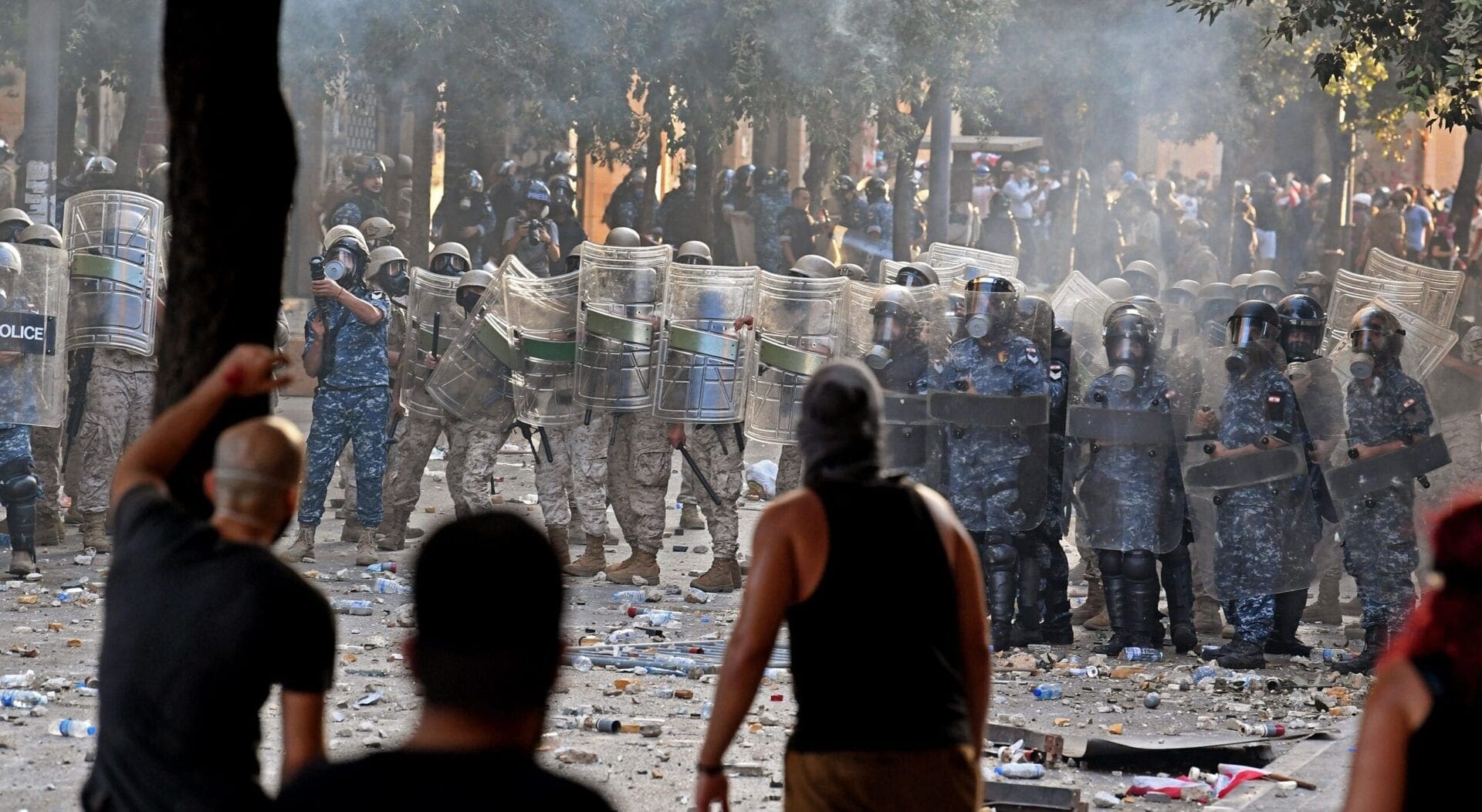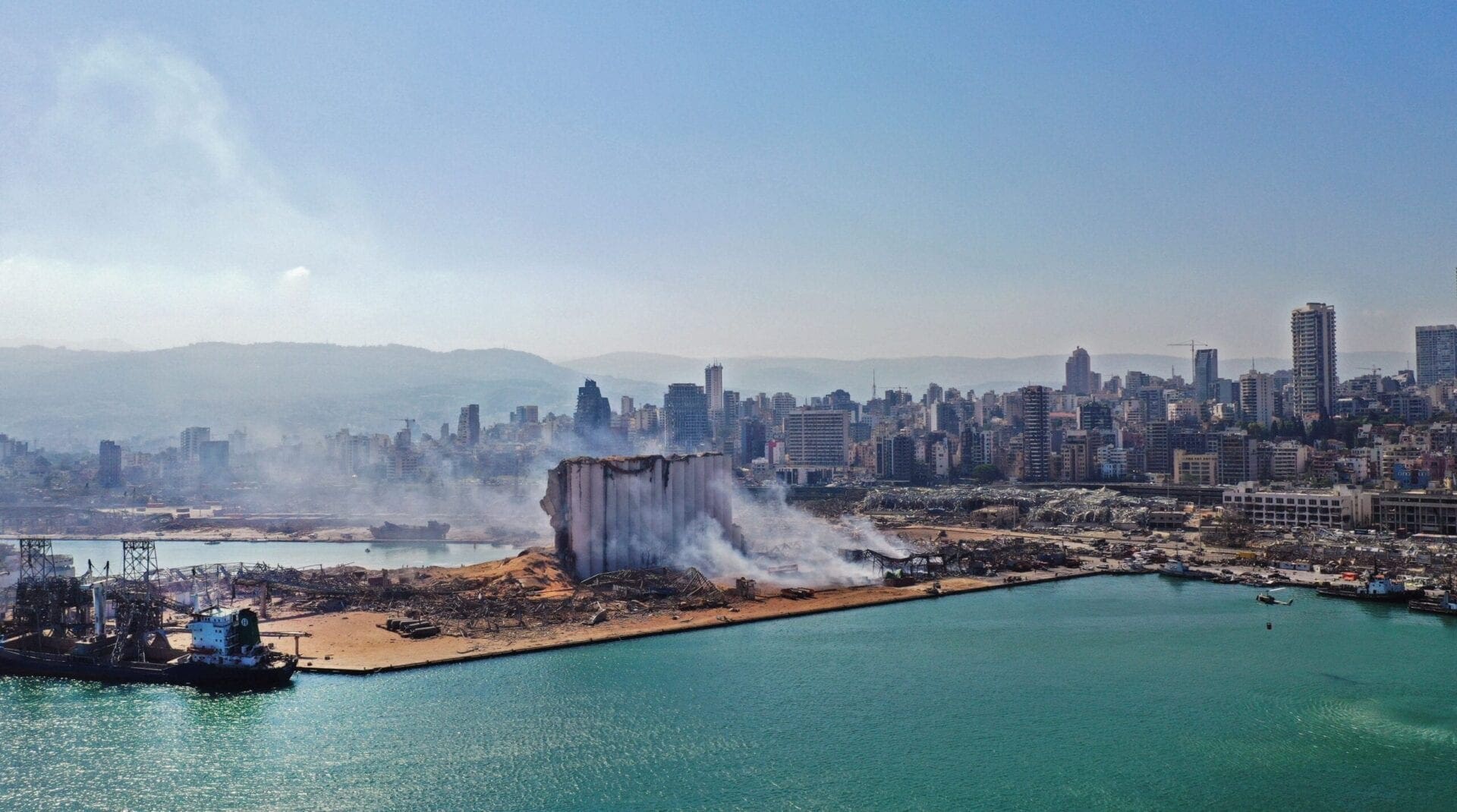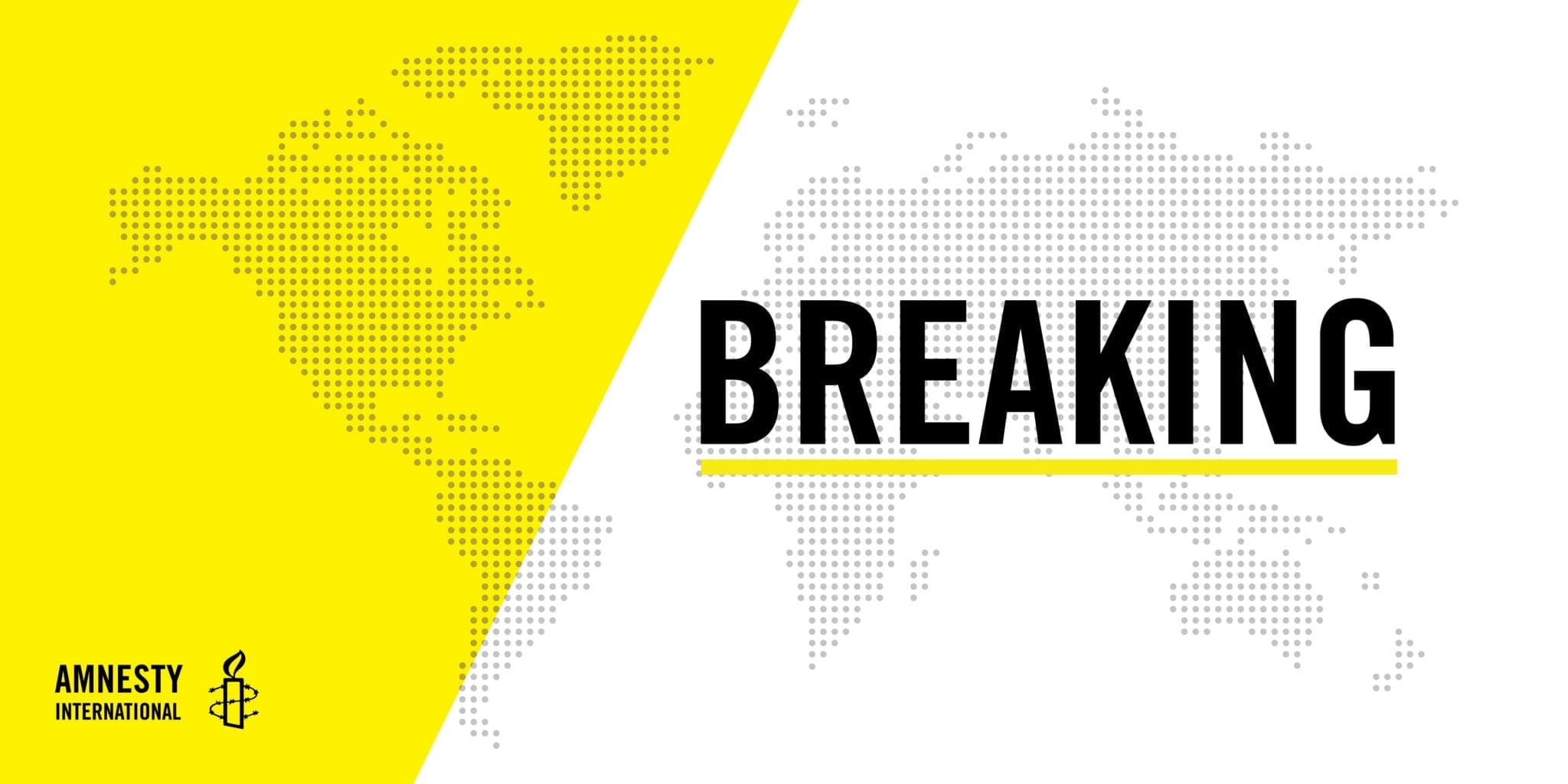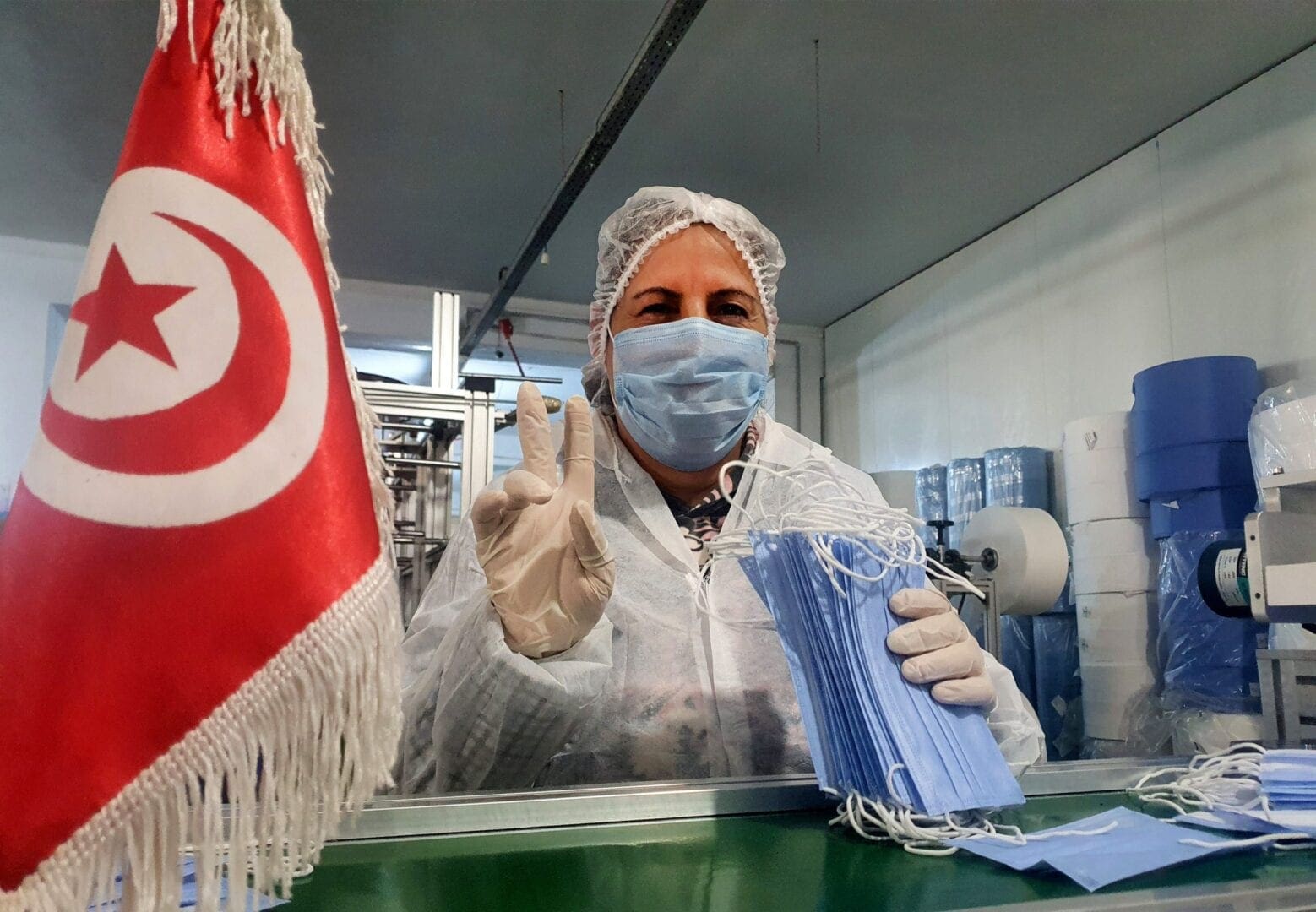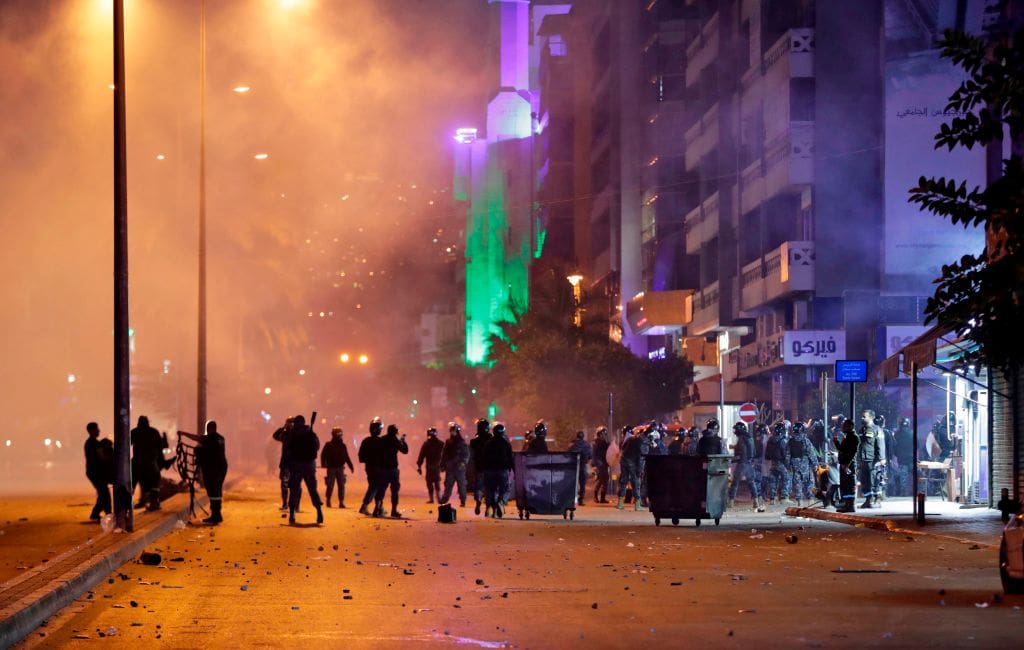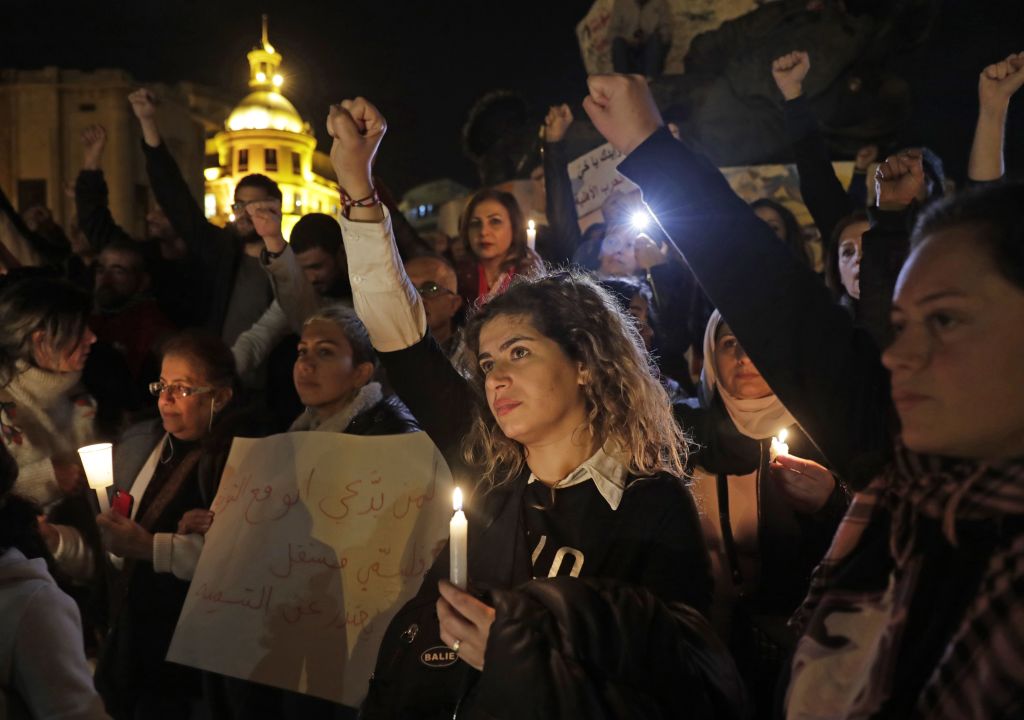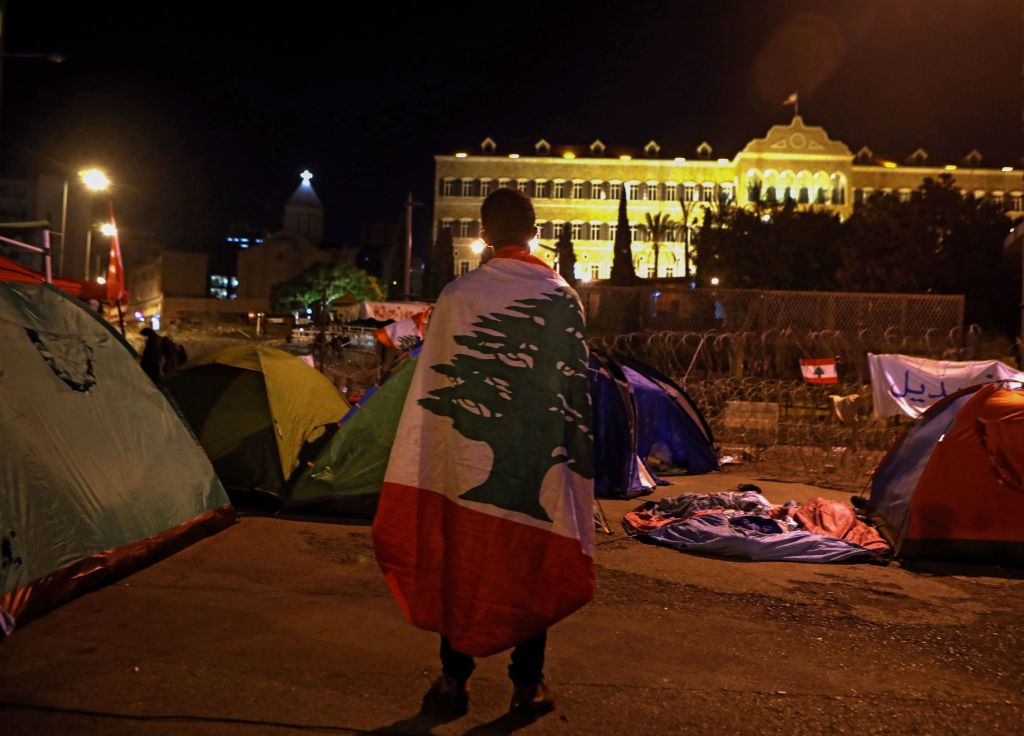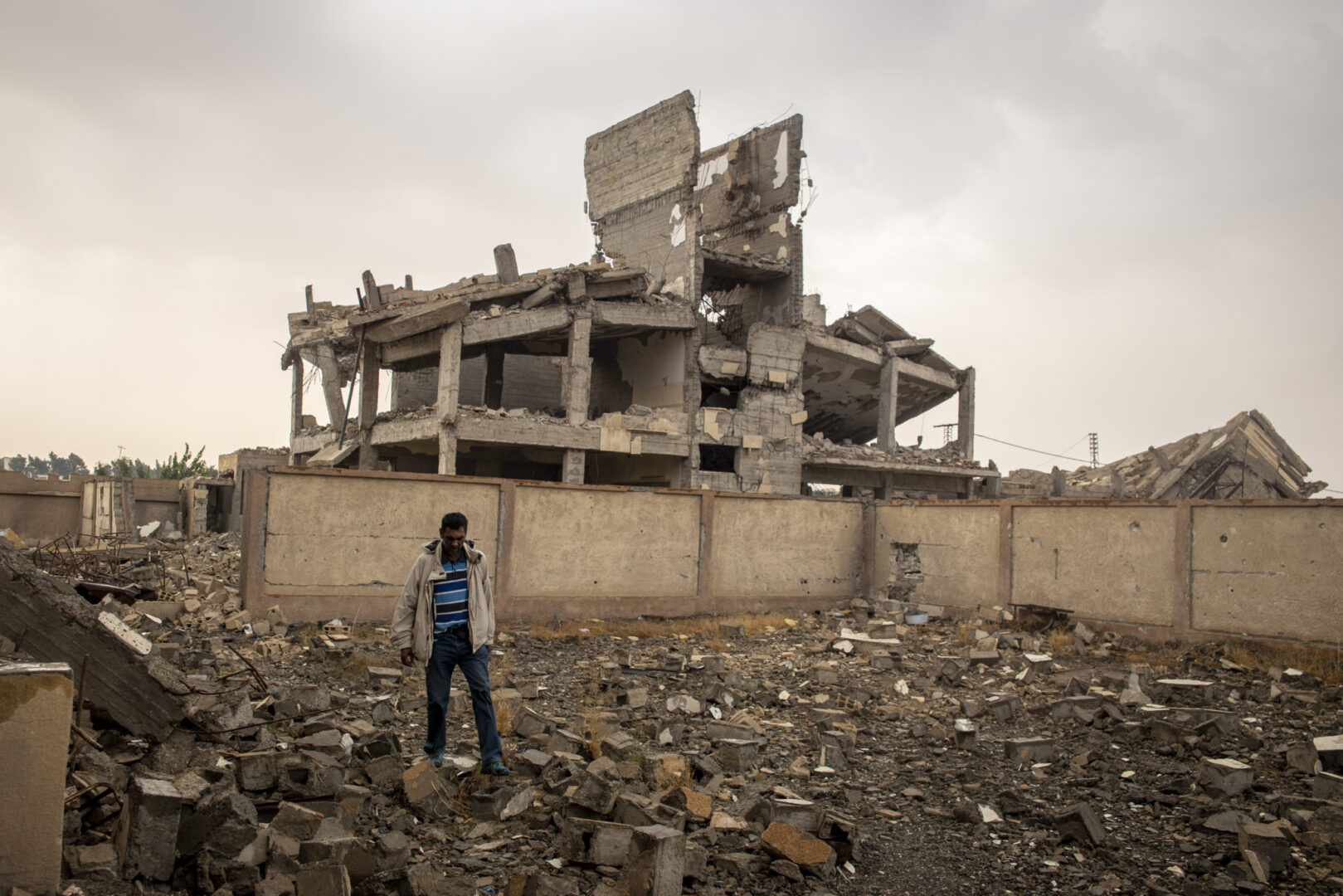Lebanon
The authorities’ response to Lebanon’s deepening economic crisis failed to ensure residents’ right to health and even their right to life during the most acute moments of fuel and medicine shortages, as it lifted subsidies while failing to roll out an effective social protection scheme to help mitigate the impact of these policies. Impunity continued to protect perpetrators of murder, torture and the devastating explosion in 2020 at the port in the capital, Beirut. Authorities used terrorism-related charges to prosecute protesters in Tripoli demanding socio-economic rights. Migrant workers, particularly women domestic workers, continued to have their rights abused under the discriminatory
kafala (sponsorship) system. Women still faced discrimination in law and in practice. Authorities continued to deport Syrian refugees back to Syria, despite risks of egregious human rights abuses there. Allegations of torture of Syrian refugees documented since 2014 were still not investigated, even when raised in courts.
Economic collapse, Mass Protests, Arbitrary Arrests, and brutal Repression with impunity
Government corruption and economic collapse, violent repression, and devastation of parts of Beirut from a historic explosion have left Lebanon in a spiraling humanitarian crisis with overwhelming poverty. 18 months ago in October 2019, mass protests erupted due to tax hikes and failures of the government. For years, public anger has grown with soaring inflation, unemployment, utility shortages, drastic food insecurity, and severe mismanagement of and inaction towards the country’s economic crisis by the ruling class. The lira’s value sank 85%, prices of basic necessities and food have risen astronomically, and Lebanon defaulted on its debt for the first time in its history.
In the fall of 2019, hundreds of thousands of Lebanese peacefully took to the streets across the country for several weeks. Protesters demanded government accountability and economic reform; they received only brutality from Lebanese security forces in return. In January 2020, a new cabinet was appointed, but a lack of real change led to continued protests. Instead of addressing the problems that pushed people to take to the streets, authorities continue to respond to journalists, activists, and protestors with arbitrary detention, intimidation, and illegal force – using live ammunition, water cannons, tear gas, and rubber bullets. Through March 2020, authorities arbitrarily arrested 967 protesters, extracting “confessions” via torture. The practice of torture has not been isolated in response to protests, with Amnesty further documenting a pattern of abuses towards hundreds of Syrian refugees detained on baseless terrorism charges since 2014, subjected to fair trial violations and torture by authorities. Lebanese authorities have injured thousands in the protests, with 409 protesters injured over two nights in January 2020 alone. The Lebanese Armed Forces – heavily reliant on $2 billion in U.S. military aid since 2010 – is a regular perpetrator of these human rights abuses. The Leahy Laws bar the U.S. government from providing military aid to foreign security forces proven to violate human rights.
Background
Lebanon’s economic crisis ranked in the top 10 most severe crises globally since the mid-19th century, according to the World Bank. By the end of the year, the Lebanese lira had lost 95% of its value since late 2019 and annual food inflation stood at 357.95% as of November 2021. The World Food Programme said in September that 22% of Lebanese people, 50% of Syrian refugees and 33% of refugees of other nationalities were food insecure. According to a UN study, 82% of the population were living in multidimensional poverty in September.
In January, the UN Human Rights Council reviewed Lebanon’s human rights record as part of the UPR.
On 15 July, the prime minister designate, Saad Hariri, resigned and was replaced on 26 July by Najib Mikati, who successfully formed a cabinet that was endorsed by parliament on 20 September. The Mikati government operated only for 20 days then froze its cabinet meetings due to political feuds over the investigation into the Beirut port explosion of 4 August 2020.
On 11 August, the Central Bank started lifting fuel import subsidies, prompting critical shortages of petrol and diesel, exacerbated by smuggling and hoarding, which in turn led to dozens of people being killed or injured by explosions of stockpiled fuel in residential areas.
After months of delays, in December the government launched a “ration card” programme for 500,000 families, but the funding for this card remained uncertain at the end of the year
Policy Recommendations
On May 18th, Chairman Gregory Meeks of the House Foreign Affairs Committee and Ted Deutch, chair of the Middle East and North Africa subcommittee, voiced many of these same concerns in a letter to the State Department and called for the Biden Administration to take critical actions Amnesty USA has been advocating for, which are detailed below.
The U.S. government must pressure the Lebanese government to end torture and unlawful detention, end the brutal crackdown on protests, respect the human rights of individuals, and resolve the dire humanitarian crisis, including by:
- Increasing the multilateral allocation and delivering of emergency humanitarian assistance in the form of food, water, medicine, and electricity supply directly to the Lebanese people and civil society as they cope with economic collapse, COVID-19, and the fallout from the Beirut port blast.
- Providing significantly increased medical aid including COVID vaccines, medications, equipment and resources, and funding for medical NGOs and UN-run clinics due to the collapse of Lebanon’s public health system.
- Centering all ongoing and future U.S. military and security training provided to the Lebanese Armed Forces on respect for human rights and international humanitarian law, conditioning future increases in the $200 million in annual military aid to the Lebanese Armed Forces on successful reforms to end said violations.
- Leveraging the United States’ outsized diplomatic influence in Lebanon to pressure Lebanese authorities to end the rampant arbitrary arrests, forced disappearances, torture, and fair trial violations of protestors, journalists, activists, and human rights defenders; and institute deeply-needed judicial and security institution reforms.
- Formally reviewing via the State Department the potential use of U.S. security assistance – such as military training and FMF – by Lebanese security forces in carrying out human rights violations.
- Passing legislation calling for an end to the Lebanese government crackdown on protesters, free speech, and the press and judiciary; along with independent Lebanese investigation into the myriad violations by security forces.
- Designating Lebanon a TPS country to accommodate greater asylum due to the humanitarian crises gripping the country. And further increasing U.S. resettlement of Syrian refugees in Lebanon, and exerting diplomatic pressure on Lebanese authorities to end the continuing deportation of thousands of refugees to Syria.
- Calling on the UN Human Rights Council in its June 2021 session to launch an investigation into the catastrophic August 4th explosion in Beirut, as supported by the U.S. House Foreign Affairs Committee Chair and many of the victims’ families, to find whether state conduct contributed to the deaths and how to ensure remedy to the victims.
Further stances can be found in Amnesty’s brief to the UN’s 37th Universal Periodic Review in January. (pg. 15)

